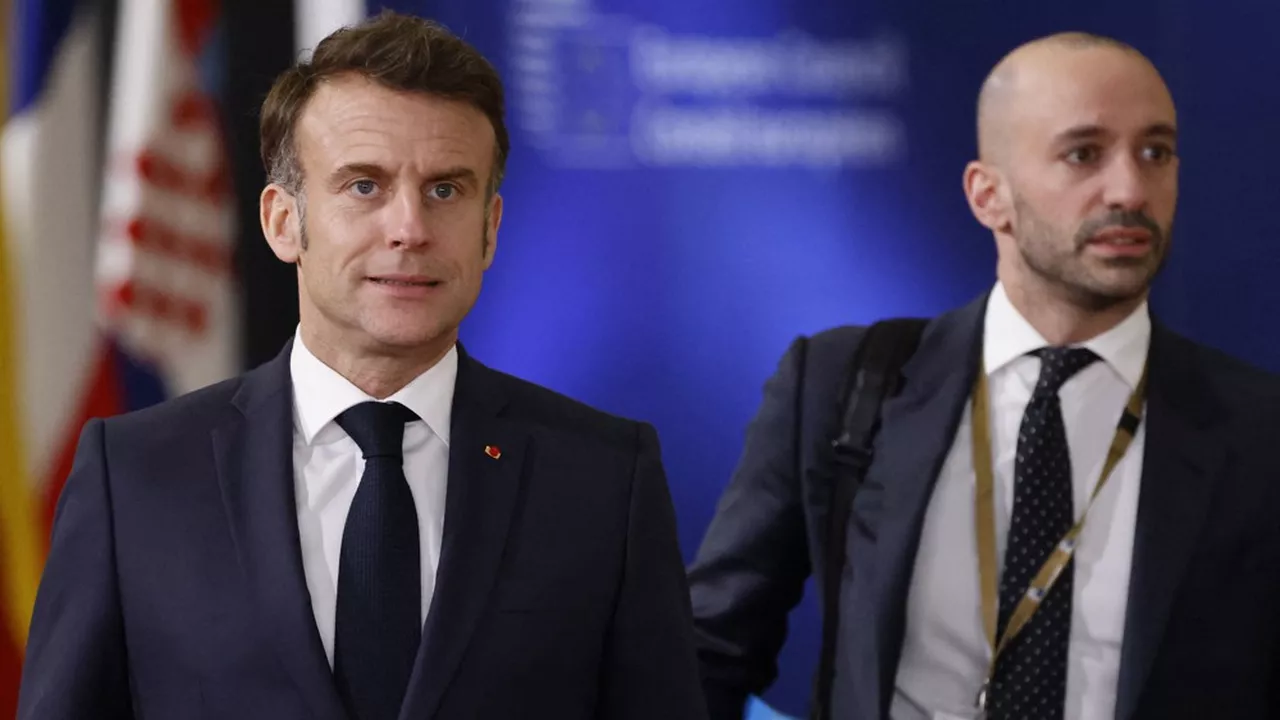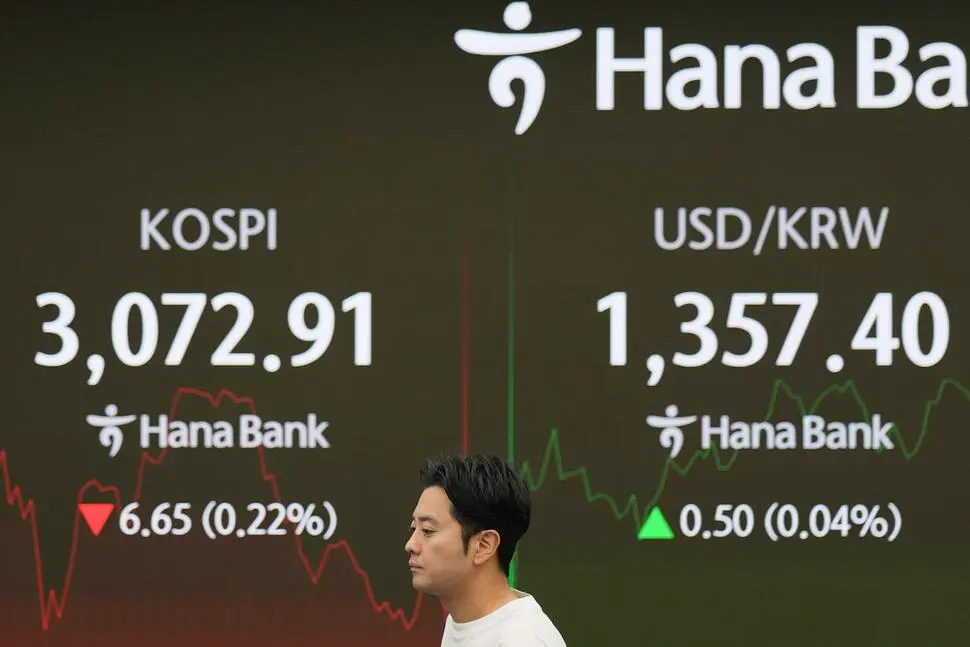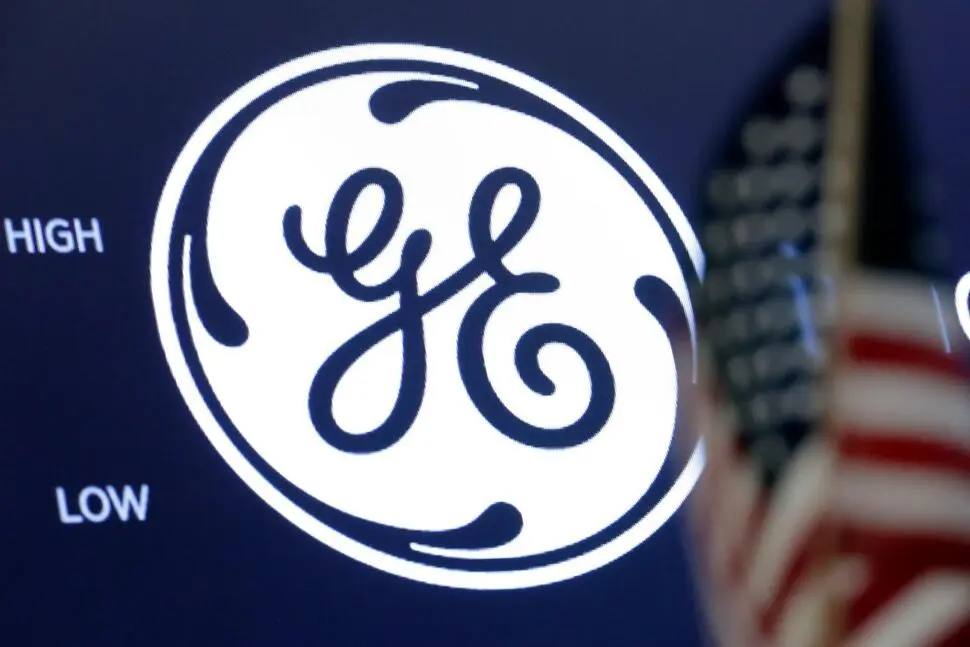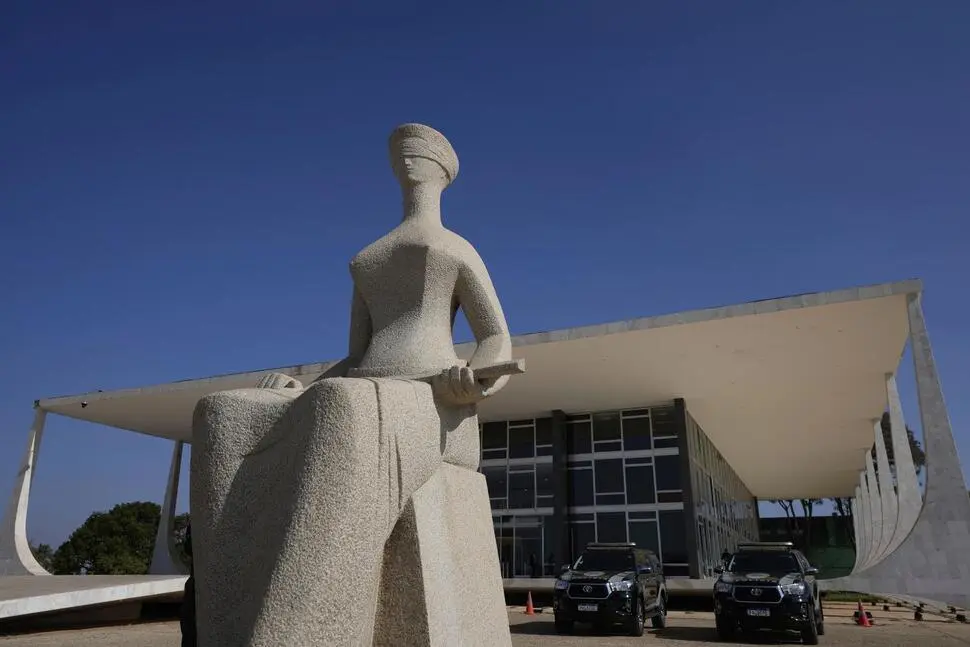business • Sept. 4, 2025
Stellantis: French Executives Rise to Power at the Top of the Company
French leaders are gaining increasing influence at the top of global auto giant Stellantis, signaling a shift in corporate leadership dynamics within the multinational group.

By Jacqueline L. Wood
Published Sept. 4, 2025
At Stellantis, one of the world’s largest automotive groups, a noticeable shift in leadership dynamics is unfolding — and it speaks French. In recent months, French executives have taken on increasingly prominent roles at the highest levels of the multinational group, reinforcing France’s historical influence within the company and signaling a rebalancing of power inside the auto conglomerate. Formed in 2021 through the merger of Fiat Chrysler Automobiles (FCA) and Groupe PSA, Stellantis is a sprawling auto empire that spans Europe, North America, and beyond.
It owns iconic brands such as Peugeot, Citroën, Fiat, Chrysler, Jeep, Opel, and Alfa Romeo. Since its inception, the company's top management has been a careful mix of nationalities, designed to reflect its diverse industrial roots and broad global reach. But that balance is shifting — and not quietly.
The most recent executive reshuffles have brought several French nationals to strategic and operational leadership positions across key divisions. This trend, insiders suggest, is more than coincidence. It reflects both the strength of the French automotive talent pool and the growing strategic weight of European operations in Stellantis’s future.
Among the standout figures is Jean-Philippe Imparato, head of the Alfa Romeo brand, and a former Peugeot chief. His performance is widely regarded as instrumental in stabilizing and refocusing the iconic Italian marque. Likewise, Christine Feuell, although American, works closely with French counterparts in the group's shared operational strategies.
More recently, French executives have been appointed to oversee manufacturing, electric vehicle (EV) transition strategies, and European market development. This surge of French leadership is seen by many as a natural result of Stellantis’s deep French industrial base. The company still maintains large production centers in France, including facilities in Sochaux, Mulhouse, and Poissy, employing thousands of workers and supporting the national economy.
As Stellantis accelerates its transition to electric mobility, France is playing a central role — both as a manufacturing hub and a testing ground for innovation. According to industry analysts, the group’s electrification strategy heavily leans on European infrastructure and talent, particularly in France and Germany. French government incentives for EV adoption, combined with ambitious EU environmental targets, make the region a prime focus for Stellantis’s mid- and long-term planning.
As such, having French leaders in strategic roles helps align local priorities with global execution. The rise of French executives also reflects CEO Carlos Tavares’s personal leadership style. A Portuguese national, Tavares is a veteran of the French auto industry, having served as a top executive at Renault before leading PSA and now Stellantis.
Known for his no-nonsense, performance-driven approach, Tavares has consistently emphasized merit over nationality — but has not hidden his admiration for the operational discipline often found in French industry veterans. At a recent internal strategy meeting, Tavares praised the “rigor, creativity, and commitment” of the French leadership team, noting that their expertise was vital in steering the company through a complex and fast-changing automotive landscape. His management model is one of cross-functional cooperation, but the French influence is unmistakably growing, especially in decisions involving product development, cost optimization, and supply chain restructuring.
Still, the shift is not without its critics. Some Italian and American stakeholders have expressed concern that the power balance may be tilting too heavily toward Paris, potentially sidelining contributions from Turin, Detroit, and other historic power centers of the group. Italian unions, in particular, have voiced anxiety about the future of local plants and fear that too much strategic control is being centralized outside Italy.
A representative from the Italian union Fiom-CGIL recently warned that Stellantis must maintain a “fair and balanced approach” to its European operations, noting that Italian workers and facilities should not become secondary in a company that still bears the heritage of Fiat and Lancia. Nevertheless, Stellantis leadership insists that the group remains fully committed to its multi-national identity, and that all regional bases will play vital roles in its global strategy. In France, however, the news is being met with national pride and cautious optimism.
At a time when many fear that French industrial know-how is being diluted or outsourced, Stellantis’s elevation of local talent to global leadership is seen as a vote of confidence in the country's engineering and managerial excellence. French ministers and business leaders have praised the company’s approach, saying it highlights the ongoing relevance of France’s industrial ecosystem in global markets. Moreover, the rise of French leaders inside Stellantis could pave the way for new investment in domestic production, particularly in battery manufacturing, electric vehicle platforms, and digital car technologies.
Stellantis has already committed to building battery gigafactories in France under its ACC joint venture, in partnership with TotalEnergies and Mercedes-Benz. These investments are likely to gain momentum with French executives having a stronger voice in shaping long-term strategy. Looking ahead, the key question is whether this French resurgence within Stellantis leadership will translate into better performance, stronger innovation, and sustained balance across the group’s vast footprint.
As the company navigates the transition to electrification, digital mobility, and carbon neutrality, it will need to harmonize its global vision with regional strengths and sensitivities. In the meantime, the rise of French leaders at the top of Stellantis sends a strong message: France is not just part of the company’s past — it’s shaping its future..














